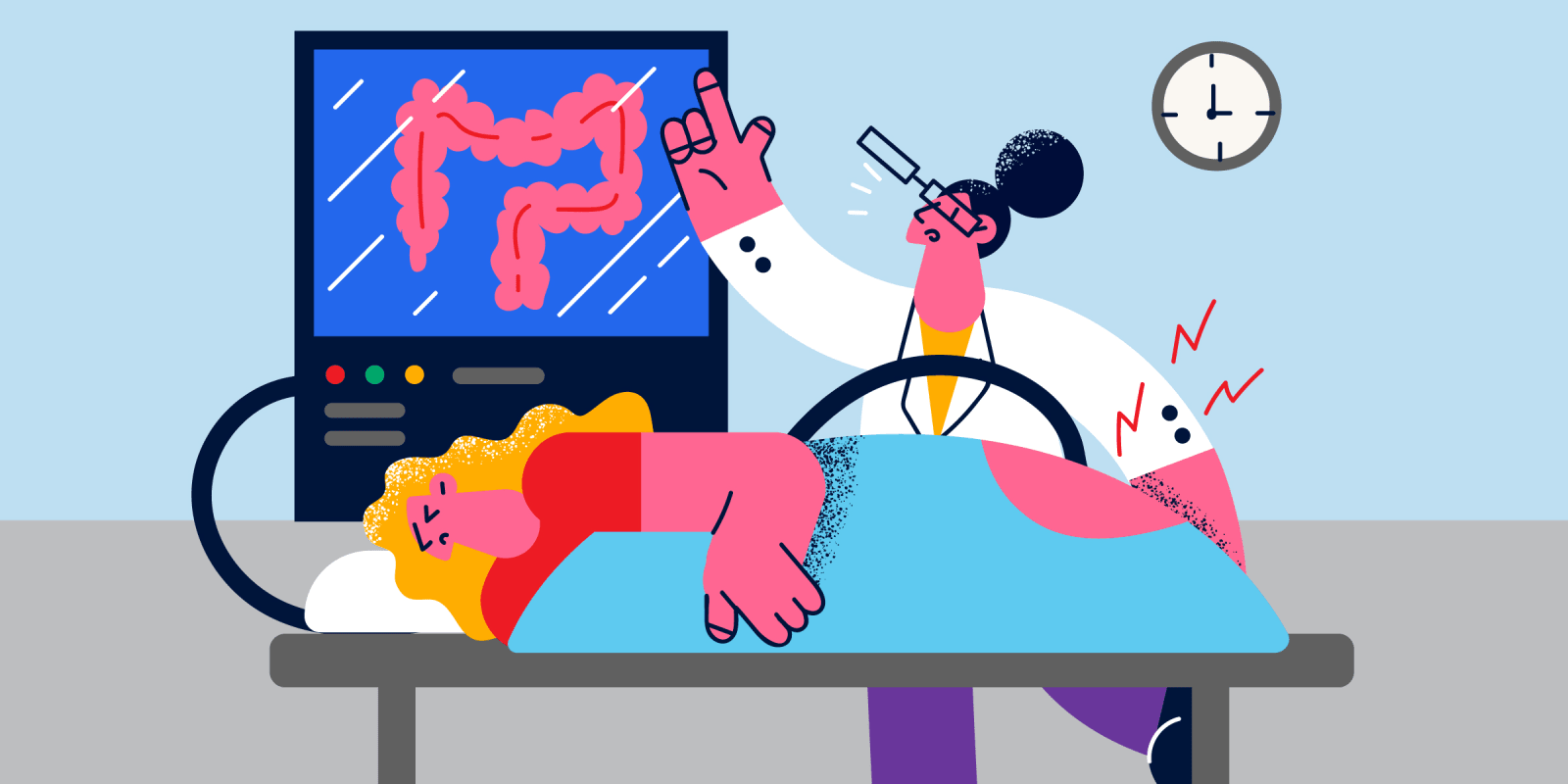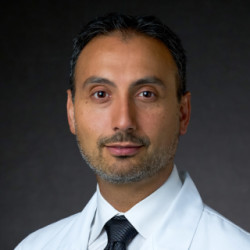Rectal cancer has become the number one cancer killer in young adults in many parts of the world. Though the age of colorectal cancer (CRC) screening was recently lowered to 45, this will not have an impact on CRC affecting adults in the 18-to-45 age range. As a gastroenterologist who has dedicated my career to taking care of cancer patients, I have seen far too many young adults drastically impacted by CRC. Some of these patients have not accumulated enough wealth to afford a car, let alone cancer treatment. Some have to drop out of college and end up with a permanent colostomy or fecal incontinence for the rest of their lives. Some are caregivers sandwiched between caring for their children and helping their aging parents but suddenly find themselves needing a caregiver. Many do not have the skills to handle such emotional distress and trauma. They end up scarred for years to come. Whether you look at it from the years of life lost, or years lived with morbidities from cancer treatment, the impact of this epidemic is devastating. Below, I share how pediatricians and PCPs can combat this alarming trend.
We do not know exactly why the epidemic of CRC in young adults is occurring, though it is at least partially related to diet and lifestyle. While improving the lifestyle of our children should be a priority, to make a difference today, we need early evaluation of symptoms and early identification of young adults at high risk.
First, symptoms such as rectal bleeding, rectal pain or recent change in bowel habits should not be ignored in young adults. Gone are the days when CRC was a disease of older adults only. Rectal bleeding should not be attributed to benign causes such as hemorrhoids without an evaluation. Instead, clinicians should make sure the patient undergoes an endoscopic evaluation.
Second, identifying those who are at high risk requires taking a good family history. Since young adults rarely see physicians, it is often up to pediatricians to obtain this family history. We know that some young CRC patients have a familial predisposition. This predisposition is either through known genetic syndromes such as Lynch syndrome or through increased risk because of family history of colon cancers or polyps. Families with Lynch syndrome, for example, can have cancers involving the colon, endometrium, kidneys, ovaries, prostate, and more. So for multiple generations of any of these cancers or if one was diagnosed at an early age, the pediatrician needs to consider whether a genetic predisposition to CRC exists.
One frequently missed piece of the family history is the history of high-risk polyps (polyps greater than 10 millimeters in size, or with villous components or high grade dysplasia). A high-risk polyp in a first degree relative puts the patient at a higher risk of CRC, and clinicians’ family history reports should clearly state the presence of a high risk polyp. If such a polyp is reported, I and other gastroenterologists recommend that the patient get screened 10 years before the age the family member was when the polyp was identified. Note: Age before the polyp, not the cancer, was identified. I believe a family history of high risk polyp should be considered the same as a family history of cancer. When such a polyp is identified, clinicians need to alert the patient and their PCPs that their first degree relatives are now at high risk of CRC and need to be screened earlier than 45.
Finally, clinicians must address the issue of lifestyle. The medical community is now struggling with lack of training on how to address lifestyle changes. Many clinicians do not have the time, knowledge, or skills to address the obesity epidemic, which is a risk factor for CRC. These obesity interventions need to start in children today to impact the rates of CRC tomorrow. Pediatricians and PCPs are in a good place to have these conversations, as they have ongoing relationships with patients. Approaching these discussions on lifestyle and obesity with understanding, empathy, and a focus on positive change will go a long way toward reducing the risk of CRC.
I often hear my patients say that cancer was a wake up call for them. Sadly, some do not overcome the cancer, but many who do often become an advocate for cancer treatment, detection, and prevention. Join them today by becoming an advocate for cancer prevention. Spread the word on what we can do right now to decrease the impact of one of the deadliest cancers in our young adults to ensure they can have a better tomorrow.
How do you talk to your patients about their risk for CRC? Share your strategies in the comments!
Dr. Toufic Kachaamy is the chief of medicine and director of gastroenterology at City of Hope in Phoenix, Arizona. He has dedicated his career to gastrointestinal care of cancer patients and is very passionate about colorectal cancer prevention. He is active in clinical research and innovation especially seeking solution to current unsolved clinical problems. One of his innovations won the American Gastroenterological Association Shark Tank competition in 2021. He is very passionate about the mental and physician health of children and families as the building block of a healthy society. His most cherished award is being voted the “Valley of the Sun Favorite Dad” in 2022.
Image by Denis Novikov / GettyImages






